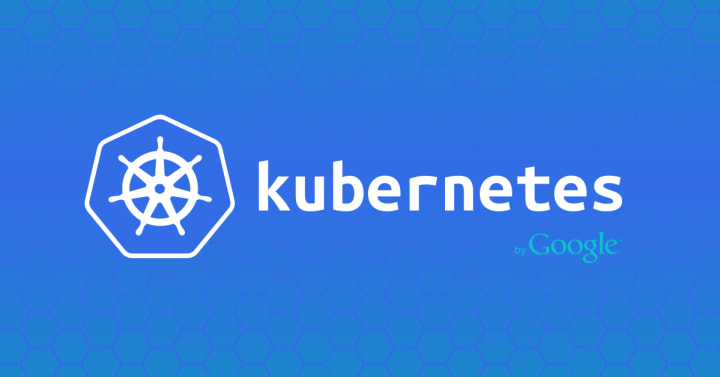Kubernetes v1.0 is released!
Matt Bruzek
on 21 July 2015
Tags: containers , Juju , kubernetes , Ubuntu

The Google Cloud Platform released version 1.0 of the Kubernetes project. The name “kubernetes” originates from Greek, meaning “helmsman” or “pilot”. Kubernetes is an open source software system for managing containerized applications across multiple hosts. It handles the scheduling the nodes, and reorganizes the cluster when workloads or nodes fail (called “self-healing”).
Concepts
Kubernetes introduces some new technology specific concepts such as “cluster”, “node”, “pod”, “replication controller”, and “service”. If you need more information check out the concepts on github. We also wrote a getting started guide for using Juju.
Integration
Canonical have been working on Kubernetes for about 6 months. The bundle and charms are in the cluster/juju directory of the kubernetes github project. We have created the best way to deploy a cluster with Juju so you can get started using the technology without having to know how to deploy the cluster on a specific cloud. The important part of this integration is that you can deploy a cluster in all the clouds that Juju supports (which is pretty much all of the public clouds)!
Deploy it
Assuming you already have Juju installed (because who doesn’t … am I right?) you can deploy a Kubernetes cluster in two different ways:
Released version cluster
We engineered the charms to deploy a specific tagged release of the kuberentes project. At the time of writing this is “v1.0.0” but the version can change. Use quickstart to deploy the bundle from the Juju charm store:
juju quickstart u/kubernetes/kubernetes-clusterDeveloper cluster
If you want to develop Kubernetes features or fix bugs you can deploy the developer version and see your changes in the cluster right away! Since the charms and bundles are integrated in the repository you can use Kubernetes semantics to deploy the cluster (a.k.a. kube-up.sh).
git clone https://github.com/GoogleCloudPlatform/kubernetes.git
cd kubernetes
export KUBERNETES_PROVIDER=juju
cluster/kube-up.shI wrote more about the developer cluster in a previous post.
Video
My colleague created a video that visualizes the features we have added. Check out his video on YouTube.
More information
I wrote more about the Kubernetes 1.0 release on Ubuntu Insights.
Congratulations to Google for reaching the significant milestone v1.0!

What is Kubernetes?
Kubernetes, or K8s for short, is an open source platform pioneered by Google, which started as a simple container orchestration tool but has grown into a platform for deploying, monitoring and managing apps and services across clouds.
Give your platform the deep integration it needs
Canonical Kubernetes optimises your systems for any cloud, on a per-cloud basis. Maximise performance and deliver security and updates across your whole cloud. Per-cloud optimisations for performance, boot speed, and drivers on all major public clouds Out-of-the-box cloud integration with the option of enterprise-grade commercial support.
Newsletter signup
Related posts
KubeCon Europe 2025: Containers & Connections with Ubuntu
It’s hard to believe that the first KubeCon took place nearly 10 years ago. Back then, Kubernetes was still in its early days, and the world was only just...
Meet Canonical at KubeCon + CloudNativeCon North America 2024
We are ready to connect with the pioneers of open-source innovation! Canonical, the force behind Ubuntu, is returning as a gold sponsor at KubeCon +...
SONiC: The open source network operating system for modern data centers
Software for Open Networking in the Cloud (SONiC) is an open-source network operating system that has revolutionized data center networking. Originating as a...
